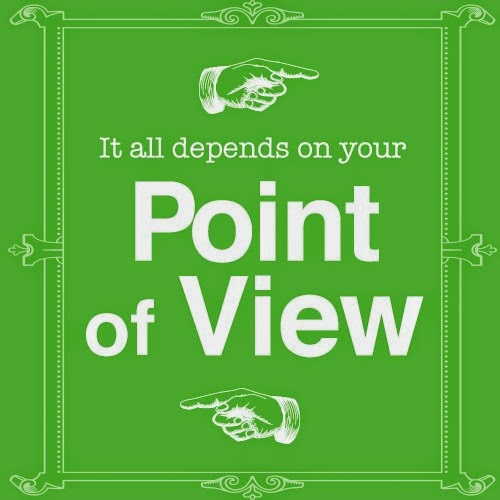It’s a favorite among critique partners: the gotcha game of
point of view. To play, you need only a sharp eye for inadvertent shifts in point
of view. Top players earn bonus points by tossing around terms like first person peripheral, first person
colloquial, authorial omniscience, limited omniscience, free indirect, and free direct.
But beyond showing off our ability to find where point of
view’s not working and to use the terms ascribed to its various forms, there’s
much about point of view that can help authors craft intriguing, nuanced prose
that will captivate agents, editors, and readers.
You only have to know how it works. Between you and me, it’s
not all that important to know what labels apply to various points of view.
What matters are the point-of-view techniques you use to strengthen your
narrative.
“Perhaps the most important purpose of point of view is to
manipulate the degree of distance between the characters and the reader in
order to achieve the emotional, intellectual, and moral responses the author
desires,” explains author David Jauss in On
Writing Fiction.
“The true rhetorical aim of point of view is to complicate
the question, not steer the reader to one answer or another,” notes Catherine
Brady Story Logic and the Craft of
Fiction. “You have to consider the reader’s take on things in relation to
your own and in relation to the perspective character’s and/or the narrator’s,
and point of view lets you play these off against each other to shape the
stakes and lend texture to dramatic tension.”
Though the topic can be complex, there’s a large pay-off in
taking a little time to study and understand point of view. For starters, you
might avoid having to re-write a novel, as I did four times with Out
of the Wilderness before I got it right.
That’s likely why writers in Juneau asked for the 49 Writers
workshop “Perspectives and Viewpoints: Exploring Point of View.” In it, we'll
review the basics and terms, from first-person to third-person, objective,
subjective, and omniscient, then look closely at what introductory approaches
leave out: subtleties of psychic distance, transitioning between points of
view, and how point of view creates character.
If you’re in Juneau, I hope you can join us on Monday, June 2 from 6 to 9 pm as we
explore point of view. To register, visit the 49 Writers website.
